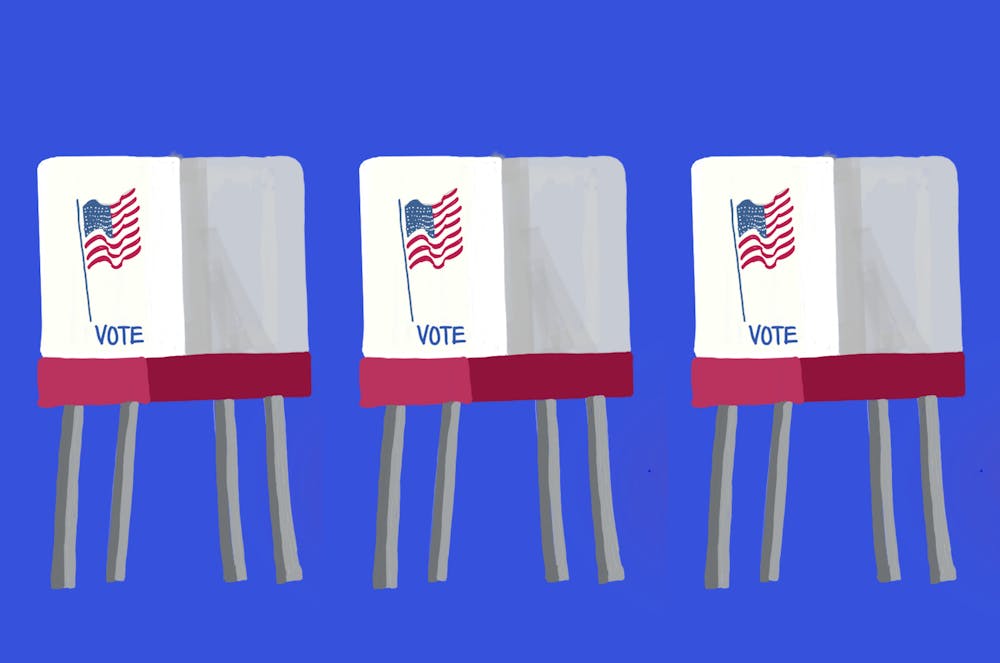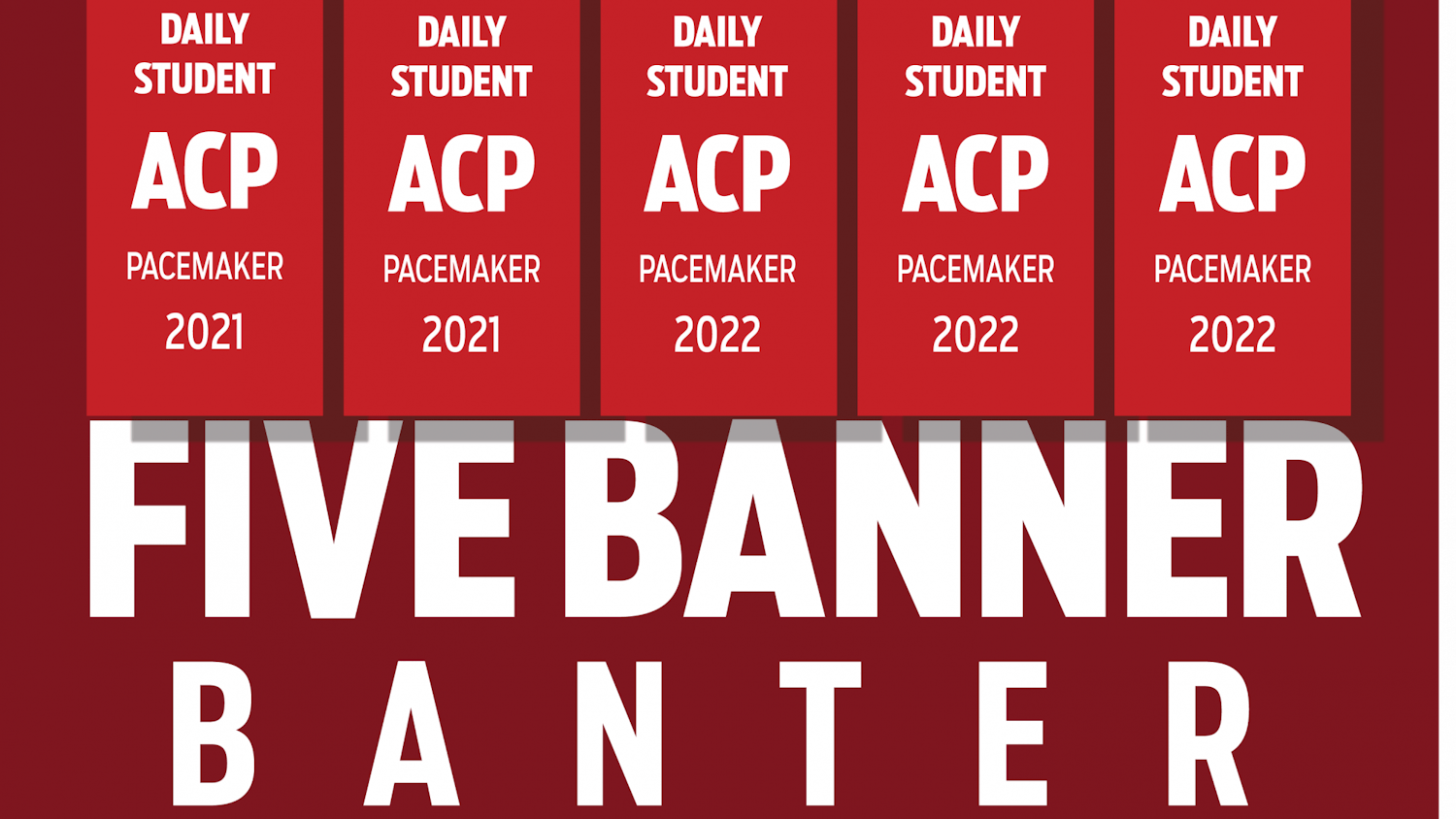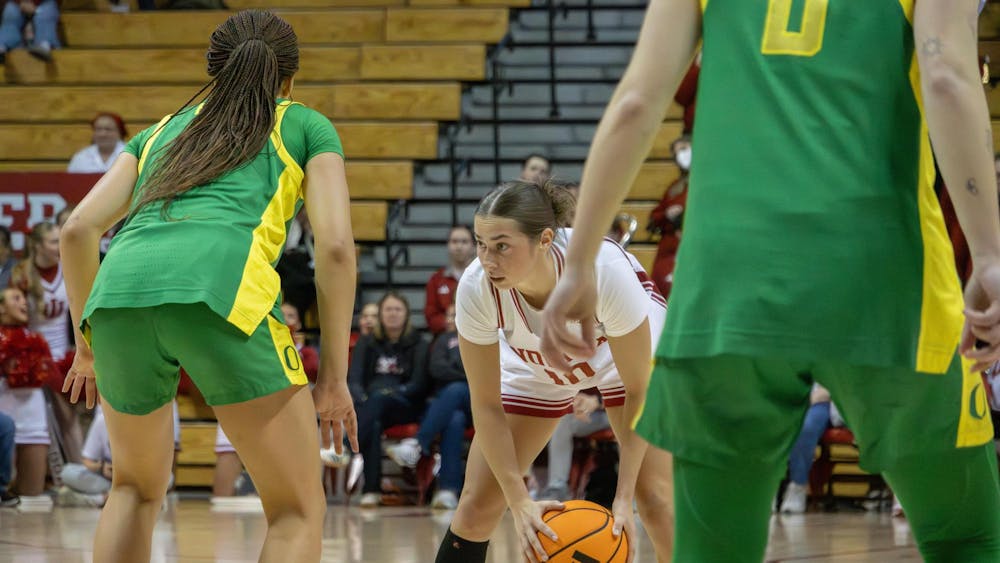In the tapestry of a thriving community, civic engagement stands as the thread weaving individuals into a collective fabric of progress and resilience. At the heart of this engagement lies the cornerstone of democracy: voting.
Civic education is the key to empowering citizens and nurturing an informed electorate. Implementing a civics course requirement in K-12 schools is a step in the right direction that would encourage students to think about the world around them and help them become politically educated adults who vote.
Civic engagement is the proactive involvement of individuals in addressing issues within their community. While the term encompasses a spectrum of activities, none is more fundamental to a healthy democracy than the act of voting. It serves as the lifeblood that sustains the vitality of our political system. Informed citizens exercising their right to vote not only shapes the direction of their community, but also contributes to the overarching success of the democratic ideals we hold dear.
In an era where political landscapes are constantly in a state of chaos and upheaval, it is crucial for educational institutions to equip students with the tools needed to navigate the complexities of modern governance. Indiana, like many states, mandates a government course during senior year, but this curriculum often falls short, dwelling more on historical perspectives than empowering students for an active role in shaping the future of politics.
An ideal civics course would teach students who their elected representatives are and what platforms they support. It would show students how the Electoral College functions, how political parties work and how their vote impacts the balance of power in Congress. It would inform students about their rights when it comes to voting, the different ways a person can vote, how to register, and ultimately, how to make their voice heard on election day.
[Related: OPINION: Home economics classes need to make a comeback]
It's not that young people don’t care about politics — all around the world, young activists have taken lead roles in public protest and advocacy around many issues like climate change, abortion rights and gun violence. It’s just time for educational institutions to recognize a lack of civic education is preventing young people from taking this passion to the polls. Learning the history of our government is imperative, but it is useless without the tools to become an active part of it.
Schools need to put just as much emphasis on the future as they do on the past. The primary goal of civic education is to cultivate an understanding of the political landscape, equipping citizens with the knowledge and tools needed to actively participate in the democratic process. By teaching civic education in schools, we will help students go beyond the textbook definitions of governance and political structures to instill a sense of responsibility and awareness that will carry them to the voting booth.
Civic education emerges as the linchpin in this equation, empowering students to grasp the intricacies of the political landscape and encouraging them to play an active role in shaping their community's future. As we navigate the complexities of the modern world, let us recognize the transformative power of civic education in nurturing a society where each student is a citizen — not just a voter, but a conscientious contributor to the ongoing narrative of democracy.
Ainsley Foster (she/her) is a sophomore studying elementary education.






